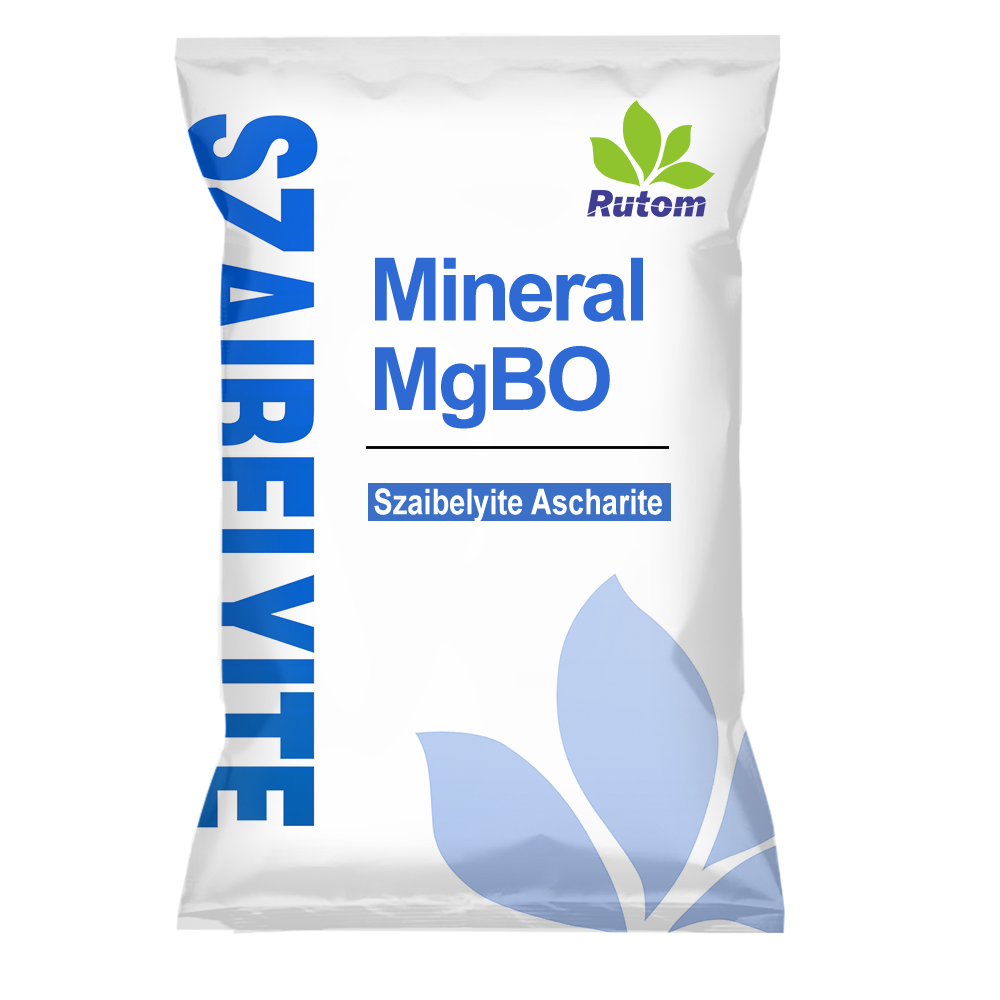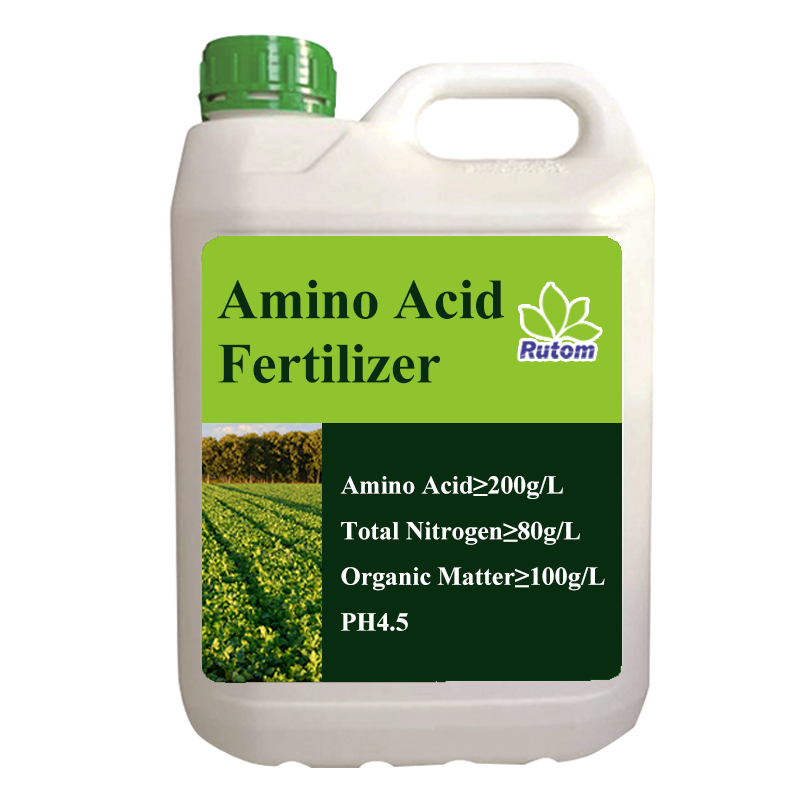Why Organic Matter is good for the soil and crops?
Organic matter is incredibly beneficial for soil and plants due to several reasons:
Nutrient availability: Organic matter serves as a reservoir of essential nutrients such as nitrogen, phosphorus, potassium, and micronutrients. As organic matter decomposes, nutrients are released into the soil in forms that are readily available for plant uptake, thus promoting healthy plant growth.
Soil structure improvement: Organic matter improves soil structure by enhancing aggregation, increasing pore space, and promoting better water infiltration and retention. This improved soil structure creates a more favorable environment for root growth, nutrient exchange, and air circulation, leading to healthier plants.
Water retention and drainage: The presence of organic matter helps soil retain moisture, reducing the risk of drought stress for plants. Additionally, organic matter improves soil drainage by preventing compaction and creating pathways for excess water to move through the soil profile, thus reducing the likelihood of waterlogging and root rot.
Biological activity: Organic matter provides food and habitat for a diverse array of soil organisms such as earthworms, bacteria, fungi, and other microorganisms. These organisms play crucial roles in nutrient cycling, decomposition, soil aeration, and disease suppression, thereby contributing to overall soil health and plant vitality.
pH buffering: Organic matter can act as a buffer against changes in soil pH, helping to maintain a stable pH level within the optimal range for plant growth. This is particularly important in acidic or alkaline soils where organic matter can help neutralize pH extremes.
Reduced erosion: Soil organic matter binds soil particles together, reducing erosion caused by wind and water. By stabilizing soil structure, organic matter helps prevent topsoil loss and maintains the integrity of the soil ecosystem.
Carbon sequestration: Organic matter is primarily composed of carbon, and its incorporation into the soil helps sequester carbon, mitigating climate change by reducing atmospheric carbon dioxide levels.
Overall, organic matter serves as a cornerstone of soil fertility and health, providing numerous benefits that support robust plant growth, improve soil structure, and enhance ecosystem resilience.






